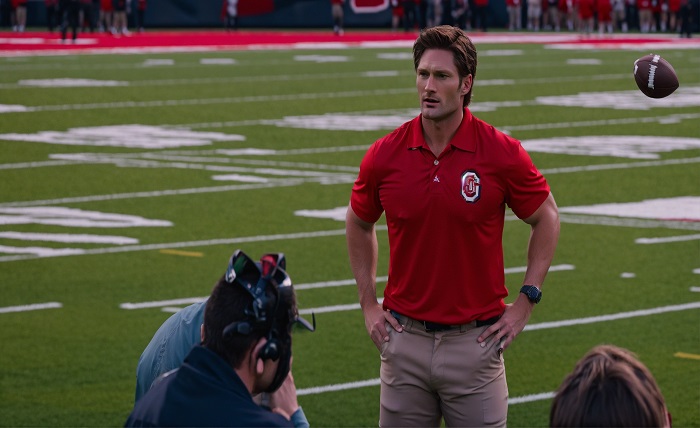For many years, college athletes have juggled the demanding expectations of academics and athletics. Student-athletes have always had to juggle their time early mornings in the weight room, long exercises after lectures, and cross-country travel for events. Over recent years, though, a new element has been introduced in the mix: NIL deals.
The chance for college athletes to make money by using their brands; NIL, which stands for Name, Image, and Likeness. Student-athletes have signed endorsement contracts, grown social media followers, launched personal brands, and even founded companies. Though it financially empowers young athletes, this fascinating evolution adds another level to their hectic schedules. Therefore, how are current college athletes coping to keep everything up? Balance, support systems, and intelligent use of resources offer the solution.
Time management.
Time management sits at the middle of every good athlete’s calendar, as every hour counts. One focused athlete says, “I organize my days by the minute sometimes; I have class, practice, team meetings, and my NIL responsibilities. It’s a lot, but I’m learning to give first importance.”
To stay on top of the game, student-athletes often use time-blocking strategies, digital calendars, and planners. Morning exercises, midday classes, and nighttime NIL material shoots or meetings imply they need to be deliberate with every minute. Knowing when to say yes and when to stand up for their rest time is also very important; setting limits is necessary.
Success above and beyond hustle.
One of the most crucial lessons college athletes are picking up is that success results from smart activity rather than from greater effort. Given their obligations, academics, activities, travel, and NIL possibilities, athletes are getting inventive ideas for time and energy efficiency.
Many athletes nowadays organize their tasks, automate some of their NIL work with content planners and tools, and create organized schedules to avoid decision exhaustion. Additionally, they carefully consider how and when to interact with companies, research, or training, avoiding burnout and enabling improved general balance. Efficiency allows athletes to conserve energy for what counts most, whether a significant test, a vital game, or just a full night of sleep.
Support system.
Behind every accomplished athlete is a robust support network. Universities and colleges provide several academic support programs tailored especially for student-athletes. Staying on track depends mostly on tutoring services, study halls, and academic counselors. Some athletes also resort to online homework help in a cutthroat academic setting to assist them in keeping current with their academic work while juggling their athletic and NIL obligations.
Online sites provide flexible support, which is especially beneficial for athletes going to events or contests. Late-night coaching, commenting, or exam preparation all help to close the gap and reduce stress, allowing athletes to remain concentrated on and off the field.
Athletes can have a small group to assist with their NIL duties, whether a family member for planning, a teammate for content creation, or a mentor to direct contract decisions. Athletes who know they don’t have to do everything by themselves find balance much less demanding and more achievable.
Mental health is vital.
One has to accept the emotional toll of such a frantic life. Between the pressure to achieve in games, maintain academic requirements, and fulfill NIL deals, burnout is a genuine danger. Fortunately, schools are giving athletes more priority for mental health care.
Abundant support groups, university counseling, and access to sports psychologists. Many athletes also open up about their mental health struggles, therefore creating a society wherein seeking assistance is accepted and welcomed.
Modern college athletes are brand ambassadors, businesspeople, and influencers rather than just students and rivals. Managing all these parts is no small achievement, but they demonstrate that success across every sector is possible with the right help and resources. These sportsmen develop leadership, communication, and time management skills that will sustain them long after university. Their future, whether in athletics, commerce, media, or other professions, will be built on their present discipline.
College athletes inspire others by demonstrating what is possible via hard work, tenacity, and smart preparation under strain and high expectations. Using tools like university support programs and online educational resources, they now have more ways than ever to keep ahead of the curve.
A dream you dream alone is only a dream. Life appears to me too short to be spent in nursing animosity. Not all those who wander are lost.
